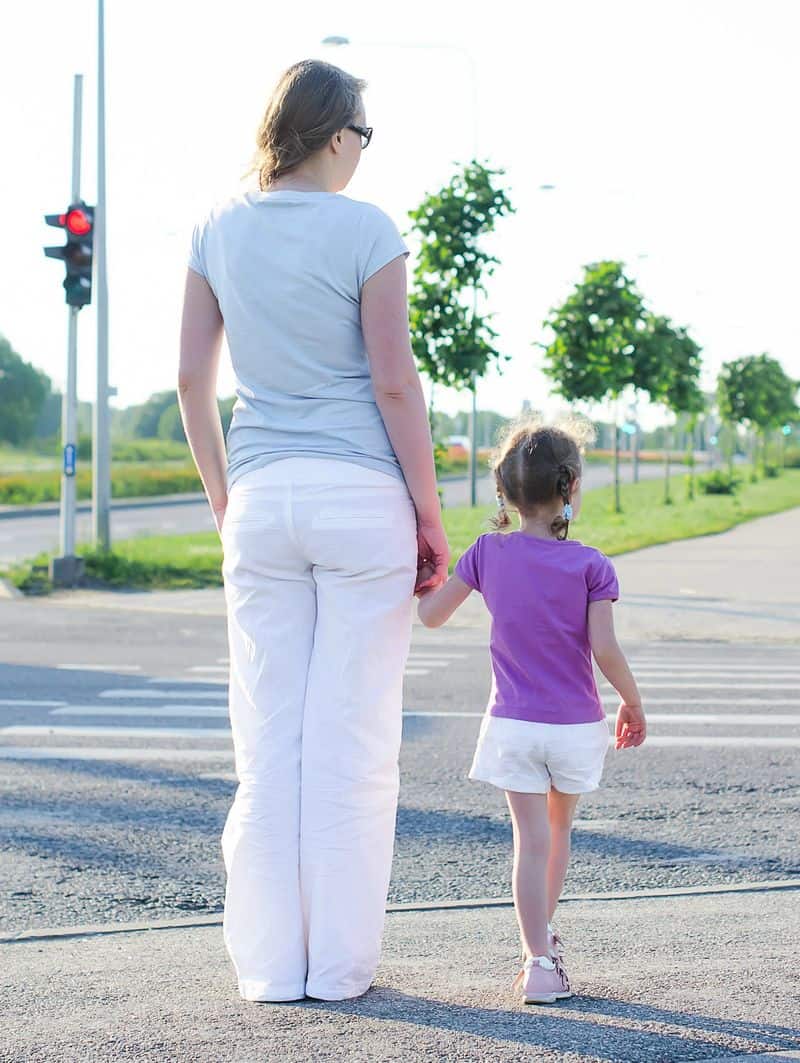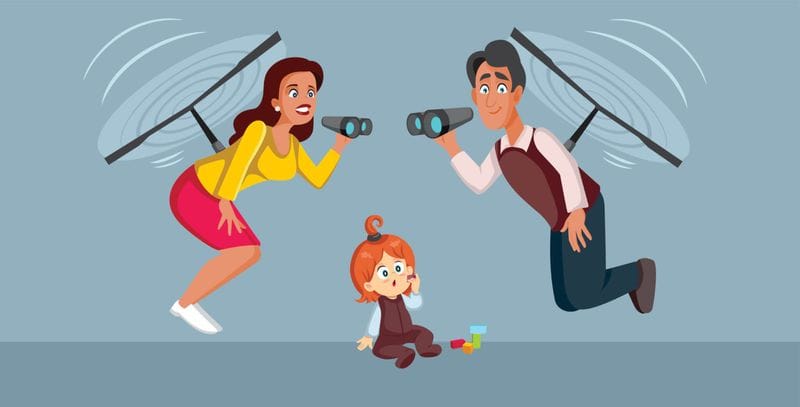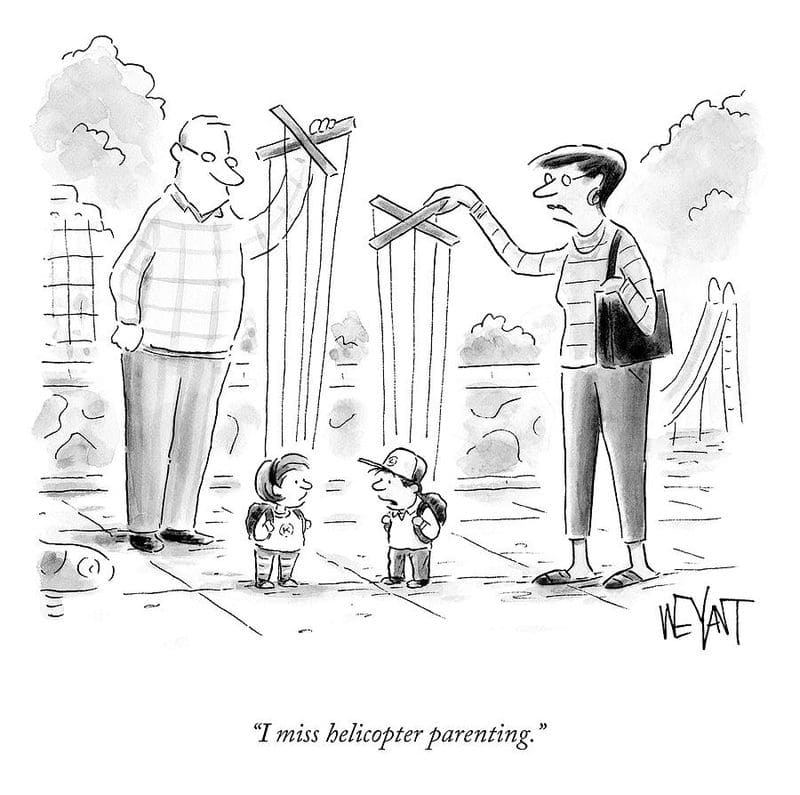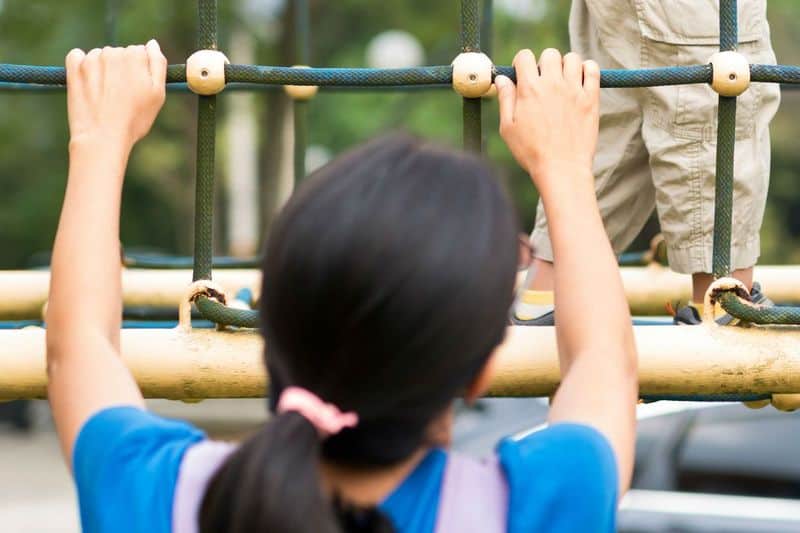Helicopter parenting is a term used to describe overly involved parents who tend to hover over their children’s lives. This parenting style is characterized by excessive control and attention to every detail of the child’s experiences, potentially stifling their independence.
Such behavior might stem from genuine concern or fear but can inadvertently hinder a child’s ability to develop essential life skills. This article delves into seven common practices of helicopter parents and explores the impacts these actions have on their children. By understanding these behaviors, parents can strive for a balanced approach that fosters growth.
1. Over-Scheduling Activities

Helicopter parents often fill their child’s calendar with an array of structured activities. While the intention is to provide a well-rounded upbringing, this can lead to burnout. Children may feel overwhelmed and miss out on the joys of unstructured play.
Over-scheduling can limit creativity and spontaneity. Kids learn to rely on others to manage their time, potentially stunting their ability to self-regulate.
To mitigate these effects, parents should consider scaling back. Allowing children downtime encourages independent thinking and time management skills, essential for personal development.
2. Constant Academic Monitoring

Helicopter parents frequently monitor their children’s academic performance. They are often seen checking homework and grades meticulously, aiming for academic excellence.
While this can drive short-term success, it may foster anxiety and dependence. Children might struggle to develop self-motivation, relying on external pressure.
Encouraging self-directed learning can be beneficial. Parents should guide rather than control, helping kids find intrinsic motivation. Open discussions about goals and interests can nurture a love for learning rather than fear of failure.
3. Intervening in Social Conflicts

Helicopter parents often step in to resolve their children’s social conflicts. This intervention can prevent kids from learning essential conflict-resolution skills.
Children may become reliant on parental figures to navigate interpersonal disputes, missing out on critical social learning opportunities.
Allowing kids to handle minor disagreements fosters resilience and empathy. Parents should offer guidance when needed but encourage children to resolve issues independently, promoting confidence and social competence.
4. Over-Protective Supervision

Helicopter parents are known for over-protective supervision, often hovering during playtime. This prevents children from exploring and taking risks.
Such behavior can limit the child’s ability to develop resilience and confidence, as they are shielded from failure and learning experiences.
Parents should aim to strike a balance, fostering a safe environment that allows for exploration. Encouraging calculated risk-taking helps kids learn from their experiences, building independence and problem-solving skills.
5. Making Decisions for Them

Helicopter parents often make decisions on behalf of their children, from clothing choices to friendships. This can inhibit the development of decision-making skills.
Children may grow dependent, lacking confidence in their own choices, and struggle with autonomy as they mature.
Parents should offer options and allow children to make age-appropriate decisions. This empowerment fosters independence and critical thinking, preparing them for future challenges.
6. Controlling Friendships

Helicopter parents sometimes control their child’s social circle, scrutinizing friendships. This can limit social development and the ability to form diverse connections.
Kids may become socially anxious, fearing disapproval, and struggle with peer relationships. Restrictive social environments hinder adaptability.
Encouraging open communication about friendships is essential. Allowing children to choose friends nurtures social skills and promotes emotional intelligence. Parental guidance, rather than control, helps kids navigate complex social landscapes.
7. Shielding from Failure

Helicopter parents often shield their children from failure, stepping in to rectify mistakes. This deprives kids of learning resilience and coping strategies.
Failure is a natural learning process, teaching perseverance and problem-solving. Children protected from failure may fear challenges, impacting growth and adaptability.
Parents should allow children to experience and learn from setbacks. Encouraging a growth mindset, where mistakes are seen as learning opportunities, builds resilience and prepares them for future success.

Well, hello there!
My name is Jennifer. Besides being an orthodontist, I am a mother to 3 playful boys. In this motherhood journey, I can say I will never know everything. That’s why I always strive to read a lot, and that’s why I started writing about all the smithereens I came across so that you can have everything in one place! Enjoy and stay positive; you’ve got this!

